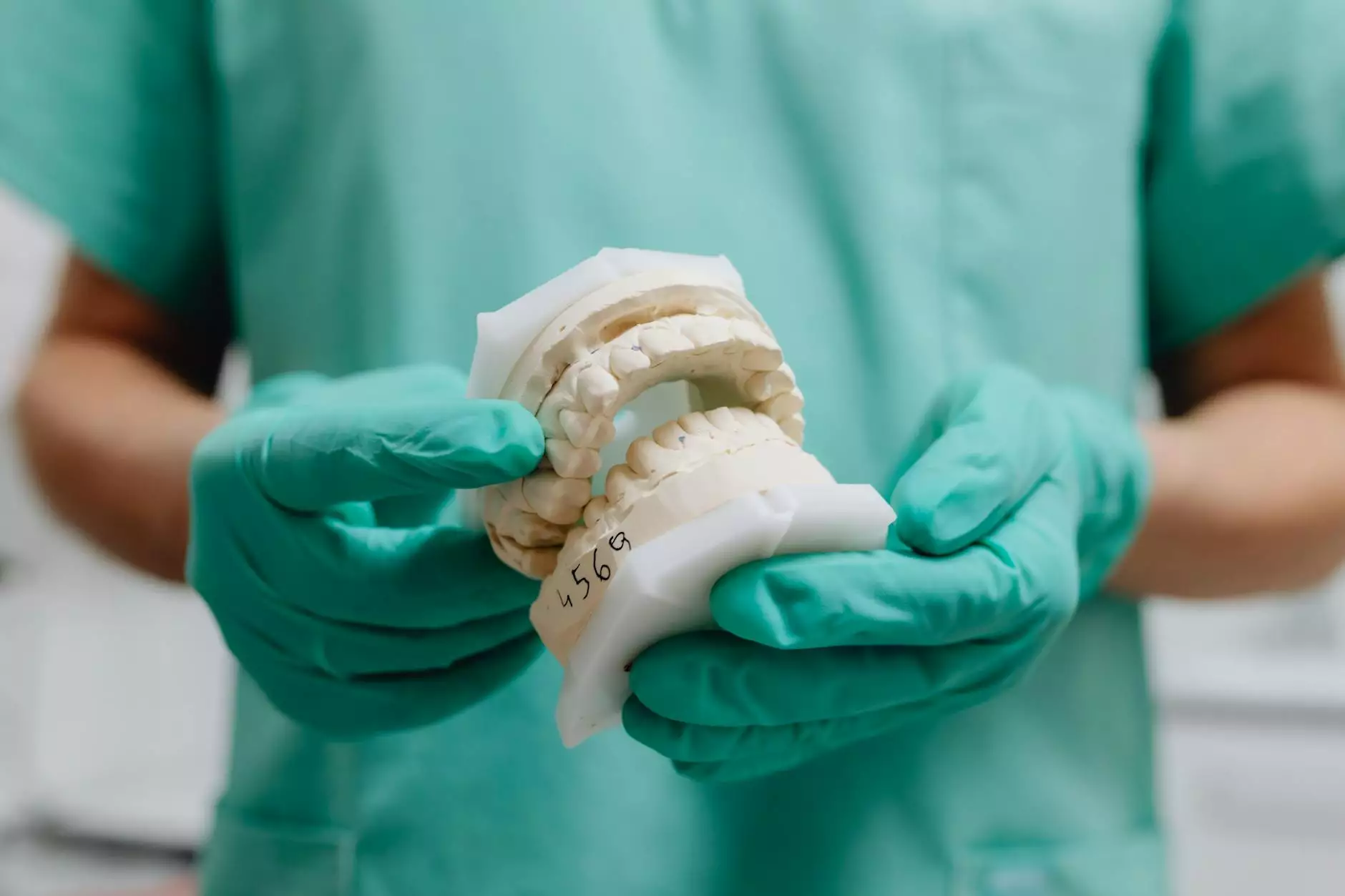The Importance of a **Lung Doctor** in Health and Wellness

In the landscape of modern healthcare, the role of a lung doctor is pivotal. Often, individuals overlook their respiratory health until problems arise. However, maintaining optimal lung function is critical not only for physical well-being but also for athletic performance and recovery. In this detailed article, we will explore the importance of lung doctors, their contributions to health and medicine, and how they intersect with sports medicine and physical therapy.
Understanding the Role of a Lung Doctor
A lung doctor, commonly referred to as a pulmonologist, specializes in diagnosing and treating diseases and conditions affecting the lungs and lower respiratory tract. Their expertise encompasses a wide array of issues, including:
- Asthma
- Chronic Obstructive Pulmonary Disease (COPD)
- Lung Cancer
- Sleep Apnea
- Pneumonia
- Interstitial Lung Diseases
- Respiratory Infections
By focusing on these conditions, a lung doctor can help patients improve their quality of life, enhance performance in sports, and ensure that physical therapy interventions are effective, especially for those with respiratory limitations.
The Critical Connection Between Lung Health and Overall Well-Being
Lung health serves as a cornerstone of overall health. The lungs are essential for gas exchange—taking in oxygen and expelling carbon dioxide. Proper lung function is paramount to:
- Energy Production: Oxygen is critical in producing energy within our cells. Any impairment in lung function can result in decreased oxygen levels, leading to fatigue and decreased physical capacity.
- Immune Function: The lungs play an important role in our immune system. They filter out pathogens and particulates. Healthy lungs are essential for fighting infections.
- Physical Performance: Athletes and individuals who engage in physical activities rely heavily on optimal lung function for endurance, strength, and recovery.
- Emotional Health: There is also a psychological aspect. Difficulty breathing can lead to anxiety and depression. Therefore, maintaining lung health can support mental well-being.
Symptoms That Indicate the Need to Visit a Lung Doctor
Recognizing when to consult a lung doctor is crucial. Some key symptoms that should prompt a medical consultation include:
- Persistent cough: If a cough lasts more than a few weeks, it may indicate deeper issues.
- Shortness of breath: Difficulty in breathing, especially during physical activities, warrants medical attention.
- Wheezing: A high-pitched sound when breathing can be a sign of airway obstruction.
- Chest pain: Discomfort in the chest can indicate lung-related issues and should be evaluated.
- Frequent respiratory infections: Regular bouts of bronchitis or pneumonia may suggest underlying lung conditions.
How a Lung Doctor Collaborates with Physical Therapists
Collaboration between lung doctors and physical therapists can amplify treatment outcomes, especially for patients with chronic respiratory diseases. Here’s how:
1. Pulmonary Rehabilitation
One of the hallmarks of effective lung disease management is pulmonary rehabilitation, a program that combines education, exercise, and support. Under the guidance of a lung doctor, physical therapists design individualized exercise regimens that:
- Enhance lung capacity: Tailored exercises can improve respiratory muscle strength and function.
- Increase endurance: Gradual increases in physical activity levels help patients tolerate exertion more comfortably.
- Improve overall health: Engaging in regular exercise promotes general well-being and may mitigate comorbid conditions like heart disease.
2. Education on Breathing Techniques
Physical therapists, in collaboration with lung doctors, teach patients effective breathing techniques to manage symptoms effectively. Common techniques include:
- Pursed-lip breathing: Helps patients control their breathing during physical exertion.
- Diaphragmatic breathing: Strengthens diaphragm function to make breathing more efficient.
The Impact of Sports Medicine on Lung Health
In the realm of sports medicine, lung health is a critical factor in an athlete’s performance. A lung doctor can play an essential role in ensuring that athletes maintain peak respiratory health. Here's how:
1. Performance Testing
Sports medicine specialists work alongside lung doctors to conduct performance testing. This may include:
- Spirometry: Measures lung function and can help identify any restrictions or issues.
- Exercise stress tests: Assess how the respiratory system performs under intense physical conditions.
2. Injury Prevention
By analyzing lung function and aerobic capacity, lung doctors help sports therapists develop tailored training regimens that reduce the risk of respiratory-related injuries. This proactive approach ensures athletes can train and compete without undue risk to their respiratory health.
Common Conditions Treated by a Lung Doctor
Several prevalent conditions are managed by lung doctors that can significantly influence overall health and sports performance. These include:
1. Asthma
Asthma is a chronic condition that affects the airways, leading to symptoms such as wheezing, coughing, and shortness of breath. Lung doctors work closely with patients to develop management strategies which may include:
- Medications: Prescribing bronchodilators and corticosteroids.
- Action plans: Developing personalized asthma action plans to monitor and respond to symptoms.
2. Chronic Obstructive Pulmonary Disease (COPD)
This progressive condition involves chronic bronchitis and emphysema, severely affecting lung function. Treatment strategies from lung doctors often include:
- Smoking cessation support: Essential for slowing disease progression.
- Oxygen therapy: To ensure adequate oxygenation for patients.
- Rehabilitative programs: Enhancing physical capacity through exercise.
3. Pulmonary Infections
Lung doctors* manage a variety of pulmonary infections, such as pneumonia and tuberculosis, by providing timely diagnostics and prescribing appropriate antibiotics or antivirals, critical in recovery.
Accessing a Lung Doctor in Singapore
In Singapore, connecting with a qualified lung doctor is simple. The healthcare landscape offers numerous specialists in respiratory medicine. Patients looking for professional assistance can access services at:
- Private clinics: Many specialize in respiratory health and offer personalized care.
- Public hospitals: Singapore's renown hospitals have dedicated pulmonology departments.
- Telemedicine options: Several clinics now provide virtual consultations for convenience.
Conclusion
The significance of maintaining optimal lung health cannot be overstated. The role of a lung doctor in assisting individuals, particularly athletes and active persons, is invaluable. Through collaborative efforts with physical therapists and sports medicine practitioners, they ensure that effective strategies are implemented for lung disease management, rehabilitation, and performance enhancement. As we usher in this awareness, taking proactive steps toward lung health can lead to profound improvements in both overall well-being and athletic performance.
For anyone facing concerns regarding lung health, it’s paramount to seek expertise from a qualified lung doctor—your pathway to improved health and vitality awaits!









